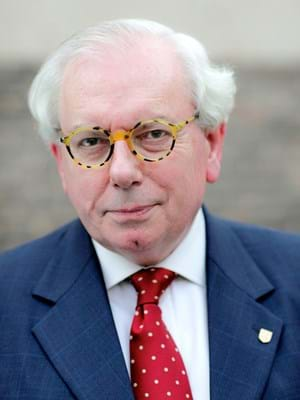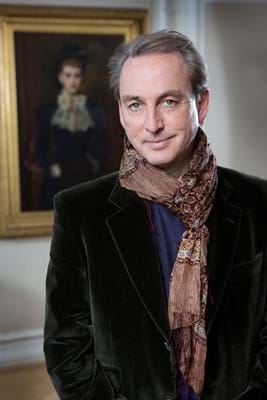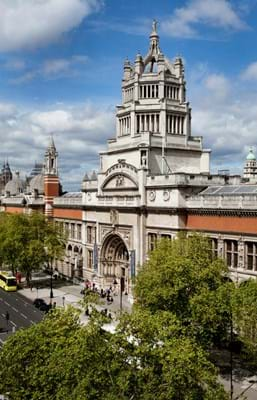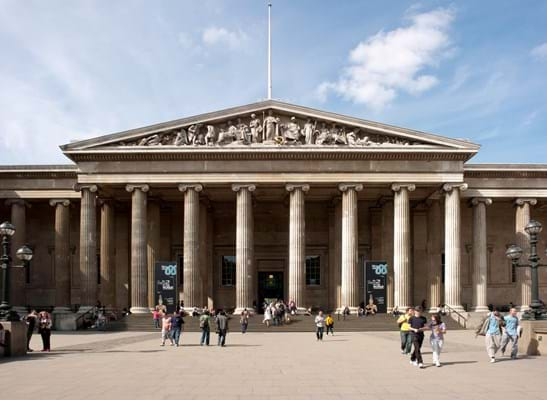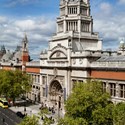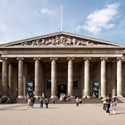When contacted by ATG, a spokesman for the British Museum said: “We support any efforts to protect elephants and to curb the illegal trade and export of ivory, but we are also clear that this should not include antique ivory works of art.
“There is no public benefit in restricting the display or movement of ivory works of art made before 1947 and legislation should not extend to cover actions carried out before that date.”
The V&A said it will still consider acquiring “objects dating prior to 1947 featuring or made from ivory where there is a strong link to the collection and within relevant regulations and guidelines”.
Also contacted by ATG, dealer Philip Mould, TV presenter Alan Titchmarsh, historian David Starkey and former English Heritage chief executive Simon Thurley defended the right to own and trade historic artefacts containing ivory.
“We want to stop the slaughter of elephants but some of the greatest artworks in the world contain ivory. We need to have guarantees that pre-1947 ivory can be traded,” said Thurley.
In a three-hour debate in parliament on February 6, a number of MPs asked the government to implement a total ban on trading ivory.
North Shrophire MP Owen Paterson, a former environment secretary, said: “Do not tell me that we are going to bring the antiques trade to its knees if we limit the trade in items containing ivory in a measured and sensible manner.”
But the call for an uncompromising approach was not universal.
Junior environment minister Therese Coffey warned against taking “symbolic action” in the pursuit of the “shared goal of ending poaching and saving elephants”.
“The kind of assessment we will need to make is how prohibiting the sale of a 17th century ivory carving would prevent the poaching of elephants today,” she said. “We must make sure our rules are robust and proportionate and will achieve the aim of ending the poaching of elephants.”
South Antrim MP Danny Kinahan and Kensington & Chelsea MP Victoria Borwick were among those MPs at the debate who spoke up for museums and antiques dealers who own and sell antiques containing ivory.
The Department for Environment, Food and Rural Affairs has yet to give a specific date for its consultation survey, but said it will be “published shortly”.
Antique Ivory Debate
Philip Mould, art and antiques dealer and TV presenter:
“As an active conservationist, nothing could be more welcome to me than an initiative to save one of our most charismatic animals from a relentless road to extinction. But not dissimilar sensibilities apply to the proposal that antique ivory should become outlawed too.
“A ban on the heinous trade in poached ivory should not mean that a thousand years of culture and history be outlawed with it. In our areas of specialisation – portraiture – it is particularly poignant.
“The thought that, say, some of our most emotive miniature portraits of Nelson, Byron and the young Queen Victoria become persona non grata – artworks of shame for which there is no market – is up there with book-burning and recent cultural vengeance meted out on the buildings of ancient Syria.”
Historian David Starkey said:
By trying to preserve one wondrous, rare and elegant thing, the elephant, we are in danger of threatening other wondrous, rare and elegant objects.
If these objects cease to be tradable they lose their value and will end up being destroyed. This is one of the largest threats to the preservation of Western decorative arts. It would be cultural vandalism.
TV presenter Alan Titchmarsh said:
“I would not for one moment argue with a ban on the trading of ‘modern’ ivory which has a direct and disastrous effect on threatened wildlife. However, there is nothing to be gained by destroying works of art which were created in a less enlightened age.
“In doing so we are robbing our descendants of fine works of art and craftsmanship whose very existence informs us not only of the past but reminds us of how far we have travelled in our approach to conservation.”
Simon Thurley, former chief executive of English Heritage, said:
“Of course the slaughter of elephants is revolting and must be stopped. But this trend for countries to outdo each other [by] zero tolerance is monstrous. This is not a black and white issue.
“We want to stop the slaughter of elephants but some of the greatest artworks in the world contain ivory. We need to have guarantees that pre-1947 ivory can be traded. Without the trade these items will have no value as museums will not be able to add to their collections.”


